A scrap grab crane acts like a human hand, designed to grip and move a wide variety of bulk materials. It’s commonly used for handling waste, logs, minerals, coal, sand, and earth. As an automated piece of machinery, the grab handles the loading and unloading of materials on its own, eliminating the need for auxiliary personnel. This not only lightens the workload for workers but also saves time and significantly boosts loading efficiency.
What are the specific requirements for operating a scrap grab crane safely and effectively?
All operators must be in good health, properly trained, and certified before they can operate the crane. This ensures they have the necessary knowledge and skills to perform the job safely.
Operators must remain fully focused during all operations. Fatigue can lead to accidents, so it is strictly forbidden to operate the crane while tired.
The operator’s cabin should be free of any clutter. A clean workspace ensures nothing obstructs the operator’s movements or view, allowing for smooth and safe operation.
A qualified operator must be familiar with the scrap grab’s structure, principles, and performance capabilities. Knowing the correct operating and adjustment procedures is crucial to prevent operational errors.
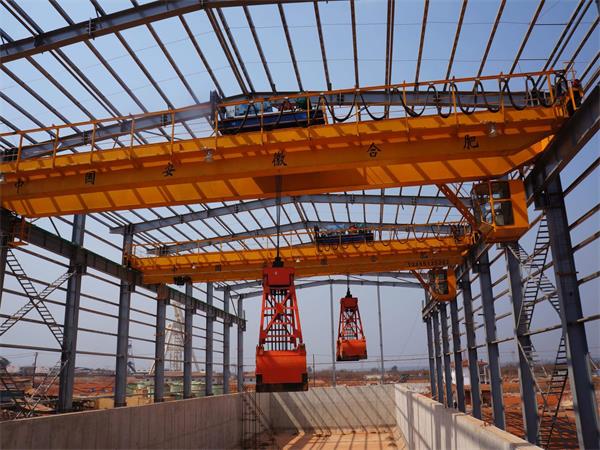
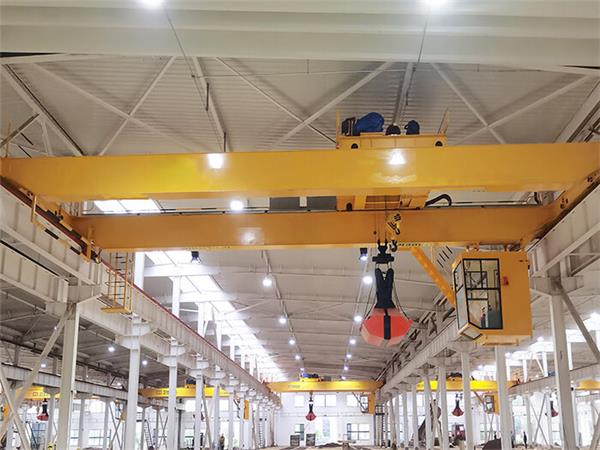
Before each use, it is essential to inspect all parts of the grab for any issues. This includes checking instruments and lubrication levels to prevent problems during operation.
Operators should confirm the feasibility of a task before beginning work. Blindly proceeding with a job can damage the grab and should be avoided.
When lowering the grab into a trench or container, do so slowly and steadily. This prevents sudden movements that could cause damage.
During operation, constantly monitor the steel ropes to prevent tangling or breakage. If either of these issues occurs, stop all work immediately and resolve the problem.
In addition to operational duties, operators are responsible for maintaining the crane. This includes regular lubrication, frequent checks of critical components, and keeping a detailed record of all maintenance activities.
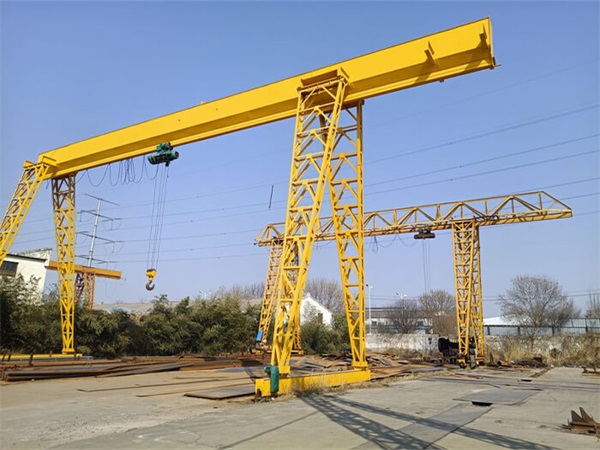
MH type electric hoist gantry crane is used together with CD MD model electric hoists.
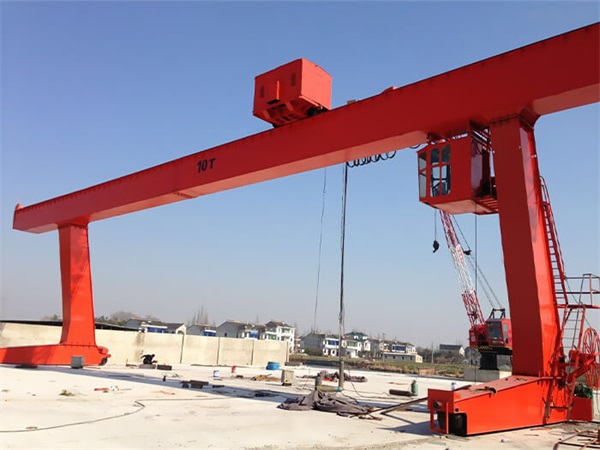
L Type electric hoist gantry crane match with CD1/ MD1, HC type Electric Wire rope hoist, to lifting and transporting the heavy materials, mainly use indoors and outdoors.
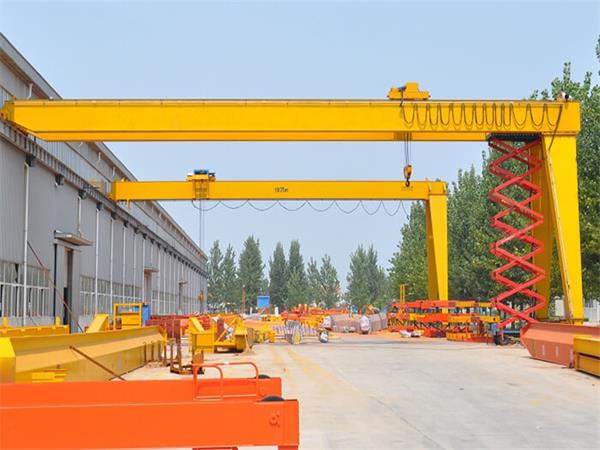
BMH Type Semi Gantry Crane is a bridge-type crane whose bridge is supported on the ground track through outriggers on both sides.
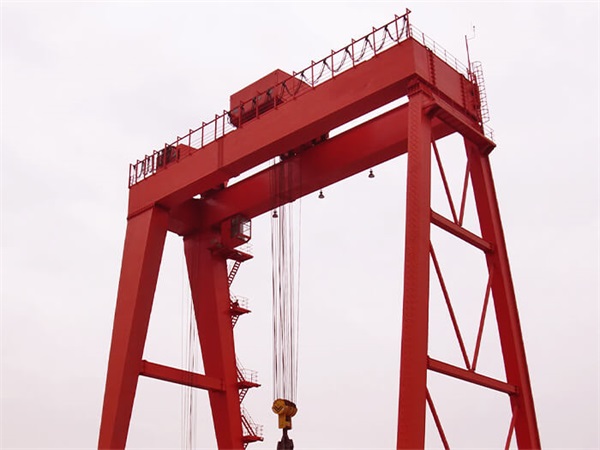
A-type Double Beam Hook Gantry Crane, It is mainly composed of a gantry (main beam, outriggers, lower beam, etc.), a lifting mechanism, a running mechanism and an electronic control part.
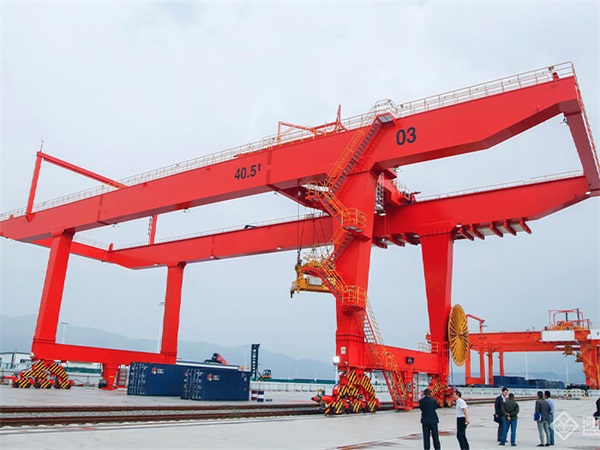
The rail-mounted container gantry crane (English abbreviation RMG) is one of the special machines for container yards.
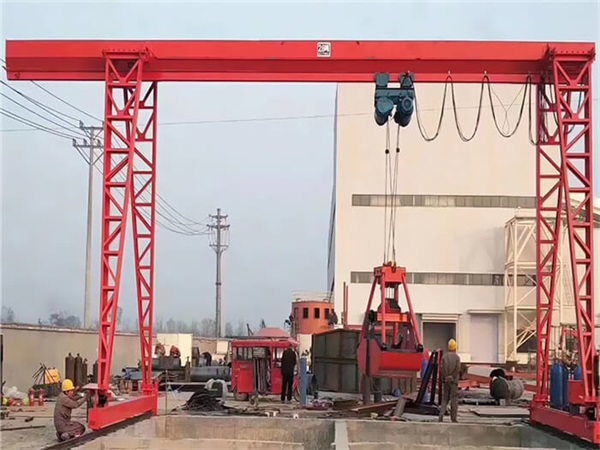
MZ Type Double-beam Grab Gantry Crane are mainly used in conjunction with bridge cranes, port cranes, and winches. They are widely used in ports, power plants, docks, chemical industries, etc. to grab various types of loose accumulations, such as ore, coal, slag, etc.
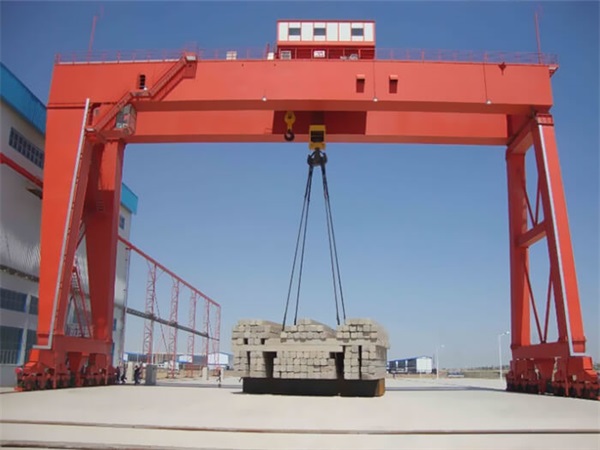
Winch Gantry Crane are used in open warehouses, windy areas, material stocks area, bridge building, concrete industry, cement plant, granite industry, construction industry, engineering industry, port, transportation, construction, dockyard, and other building sites for lifting and loading unloading objects.
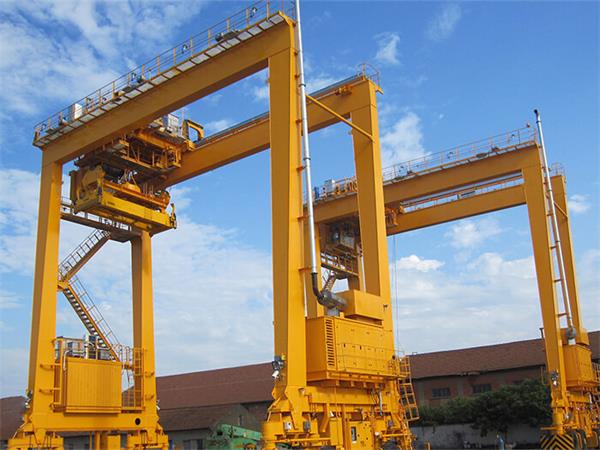
U Type Subway Turn Slag Hook Gantry Crane also known as subway slag flipping machine, slag flipping gantry crane, slag flipping gantry crane, etc., is a specialized gantry crane used for excavation in subway and tunnel construction projects.
We design cranes that meet your needs. Whether you need to increase safety, maximize production capacity or reliability, or reduce costs, we deliver.